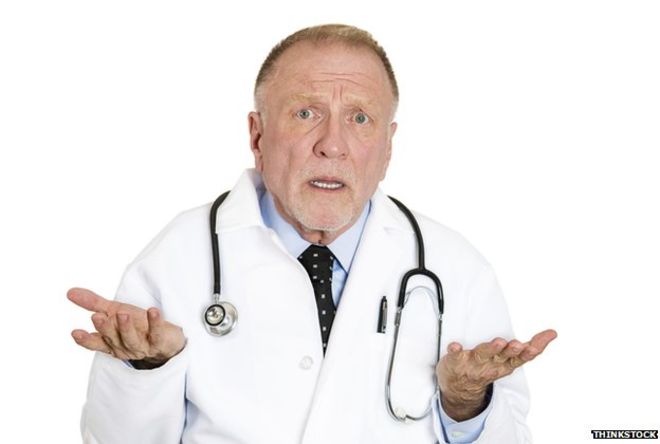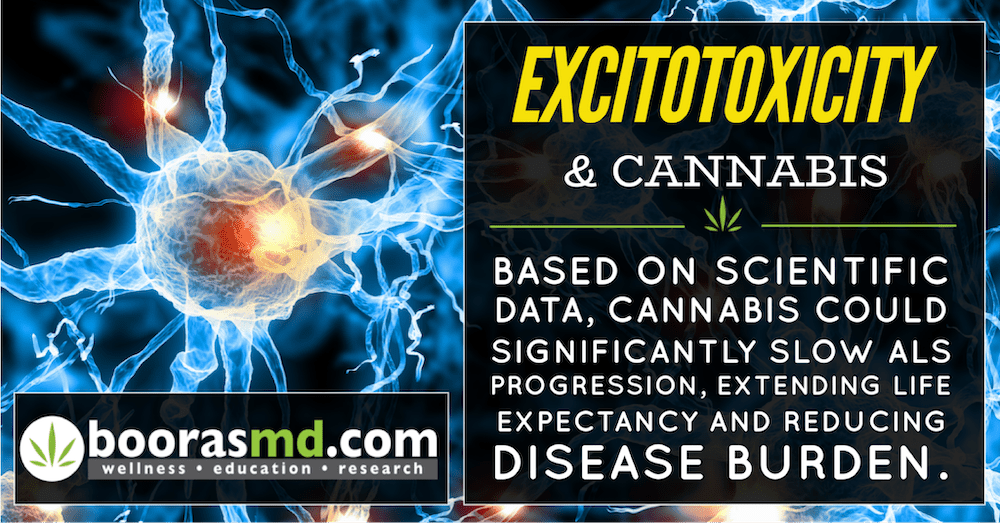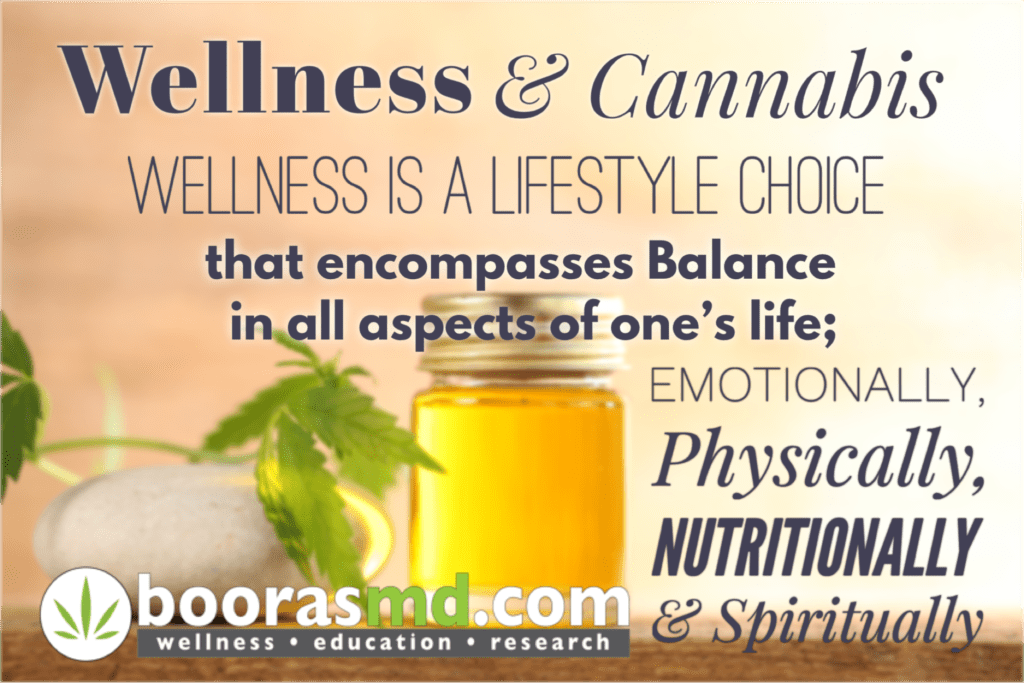Why Don’t More Healthcare Professionals know about the Medicinal Benefits of Medical Marijuana (Cannabis)?
Why Don’t More Healthcare Professionals know about the Medicinal Benefits of Cannabis?
I am frequently asked this question so I will try to provide a logical answer!
In short, understanding how cannabis works in the body requires a lot of dedication and study. The first written documentation about the medicinal properties of cannabis came from China over 5000 years ago! Much more has been learned about cannabis over the past 20+ years, but I suspect very little, if any, is taught about cannabis and the Endocannabinoid System in medical school.
https://boorasmd.com/…/clinical-endocannabinoid…/
Prior to my “retirement” from clinical practice in July 2020 I spent over 23 years involved in Clinical Research as Principal Investigator, Sub-Investigator and Board member with the Jacksonville Center for Clinical Research (JCCR).
As modern physicians, we strive to be “evidence-based”. Meaning that we study the data and follow the guidelines derived from clinical research in order to provide treatment recommendations based on good science. For the most part, these trials are funded by the Pharmaceutical Industry!
Most of the data we study comes from clinical trials with large numbers of individuals. The most reliable studies have people randomly assigned to a variety of treatment arms. Enrolled participants, and all personnel involved in the trial, do not know who is receiving an active medication or a placebo. Results are also hidden from both research participants and the medical personnel conducting the research. This is known as a ”Randomized, Double-blinded, Research Protocol”. We call these RCT’s, which stands for a Randomized Clinical Trials.
Cannabis does not easily lend itself to clinical research since it is classified as a Schedule 1 substance. By law, Schedule I substances can not be studied in clinical protocols.
The medical community has made multiple recommendations over the past 40 years to de-schedule cannabis from its Schedule I designation, but these have repeatedly failed! This makes no rational sense to me and is holding cannabis back from its rightful place as a valid treatment option for many conditions.
Another reason that cannabis has not been studied rigorously via RCT’s is due to the complexity of cannabis. The plant contains over 100 Phytocannabinoids in addition to over 400 biologically active substances that activate the Endocannabinoid System. Isolated cannabinoids from marijuana do not work as well unless these compounds are used together. This is known as “The Entourage Effect”. My analogy is that a 500+ piece Orchestra sounds far better than a solo musician!
Scientifically, we have access to a large repository of information contributing to our understanding of how cannabis works in the body, but we don’t have clinical research trials that have enrolled thousands of individuals to guide our treatment.
Currently, our “research” takes the form of having people that use cannabis report back on how it helps. Metrics such as; Pain, Anxiety, Depression, Sleep, Quality of Life, etc. can be subjectively measured and used to help others that suffer from similar symptoms.
We are tracking these metrics in our clients as a way to establish measurable changes in health outcomes.
Another way to learn about the benefits of Medical Marijuana (Cannabis) is by having clients write testimonials about their experience.
Summary:
- Medical professionals today have far less time to keep up with new information specific to their field, much less being able to spend hours upon hours reading up on how Medical Marijuana (Cannabis) works.
- In lieu of data from randomized clinical trials, healthcare professionals should elicit subjective reports from Medical Marijuana (Cannabis) users as surrogate evidence by which to judge clinical outcomes in people who are using cannabis to manage their condition.
- There are still a multitude of misconceptions about cannabis, which started back in the “Marihuana Prohibition” era of the 1930’s. The movie, “Reefer Madness” came out in 1936. Originally titled “Tell Your Children,” the film centers on a series of hyperbolic events that ensue when innocent high school students are lured into trying marijuana — from a hit-and-run accident to manslaughter, suicide, attempted rape, hallucinations and a rapid descent into madness. https://www.kqed.org/lowdown/24153/reefer-madness-the-twisted-history-of-americas-weed-laws
- Instead of negatively “Judging” individuals who use, or have used, marijuana we should focus on whether or not marijuana was used as a form of self medication for a persons health issues. In my experience, the overwhelming majority of individuals have had a positive response from the use of “street” marijuana. Medical Marijuana (Cannabis) typically works even better.
- Our practice focuses on the use of cannabis for its tremendous array of MEDICINAL benefits. We have seen many severe conditions respond impressively to treatment. Our clients repeatedly tell us that they have usually responded better, and with less side effects, than treatment with “traditional” pharmacotherapy.
- As my brother and Cannabis Educator, Peter, puts it…”Always Amazed, but Never Surprised” by the positive results of treatment.
Written by Dr. Charlie Booras, MD on November 13, 2020.
Updated on March 11, 2021






